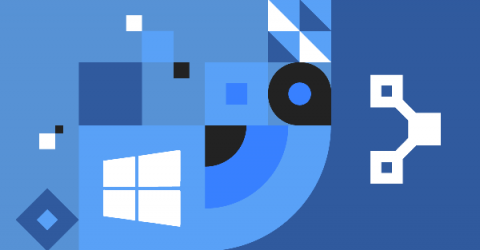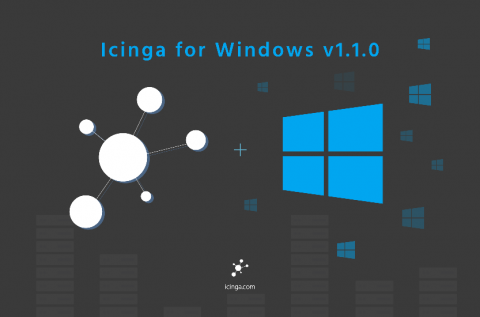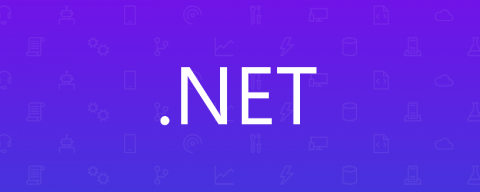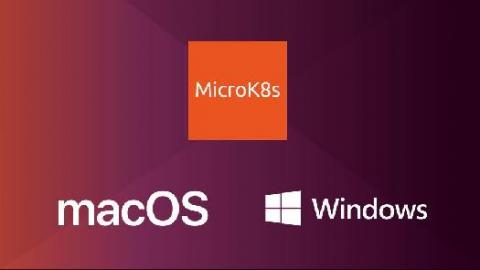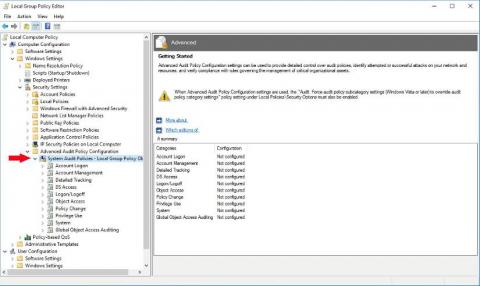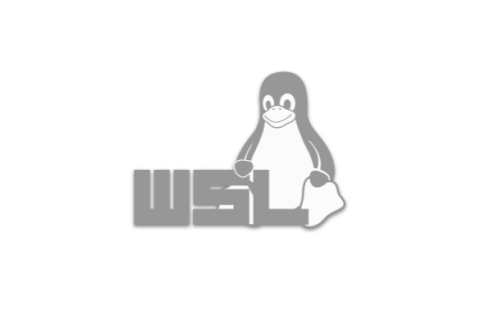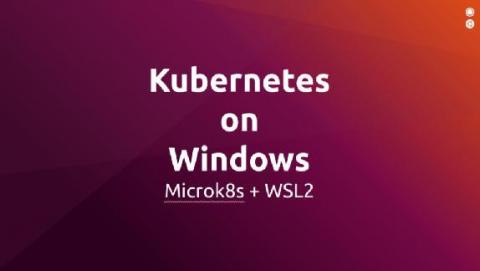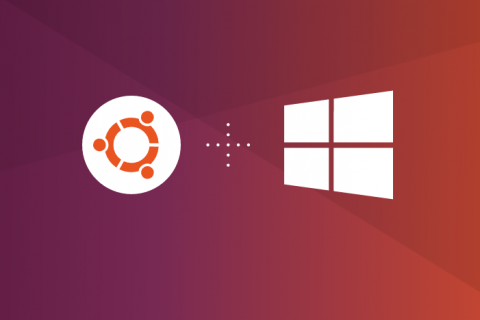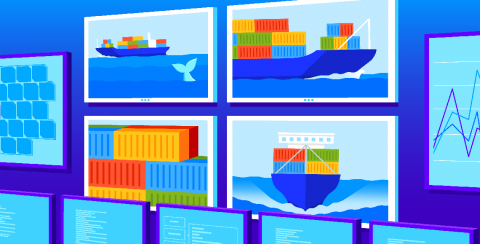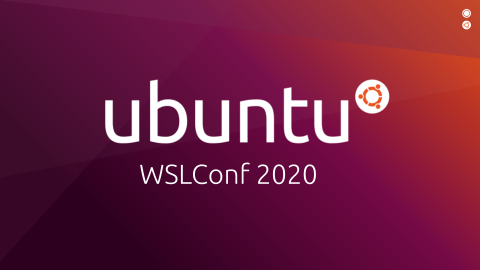New Puppet facts for Windows
To manage your Windows desktops and servers based on the version / edition of Windows installed across your organisation, we’ve introduced Windows build-specific facts to Puppet. If you have a mix of Windows servers (Core and ServerStandard) and Windows desktops with varying versions and editions Windows, using Windows build-specific facts allows you to: Let’s see what all this looks like in some Puppet code.


